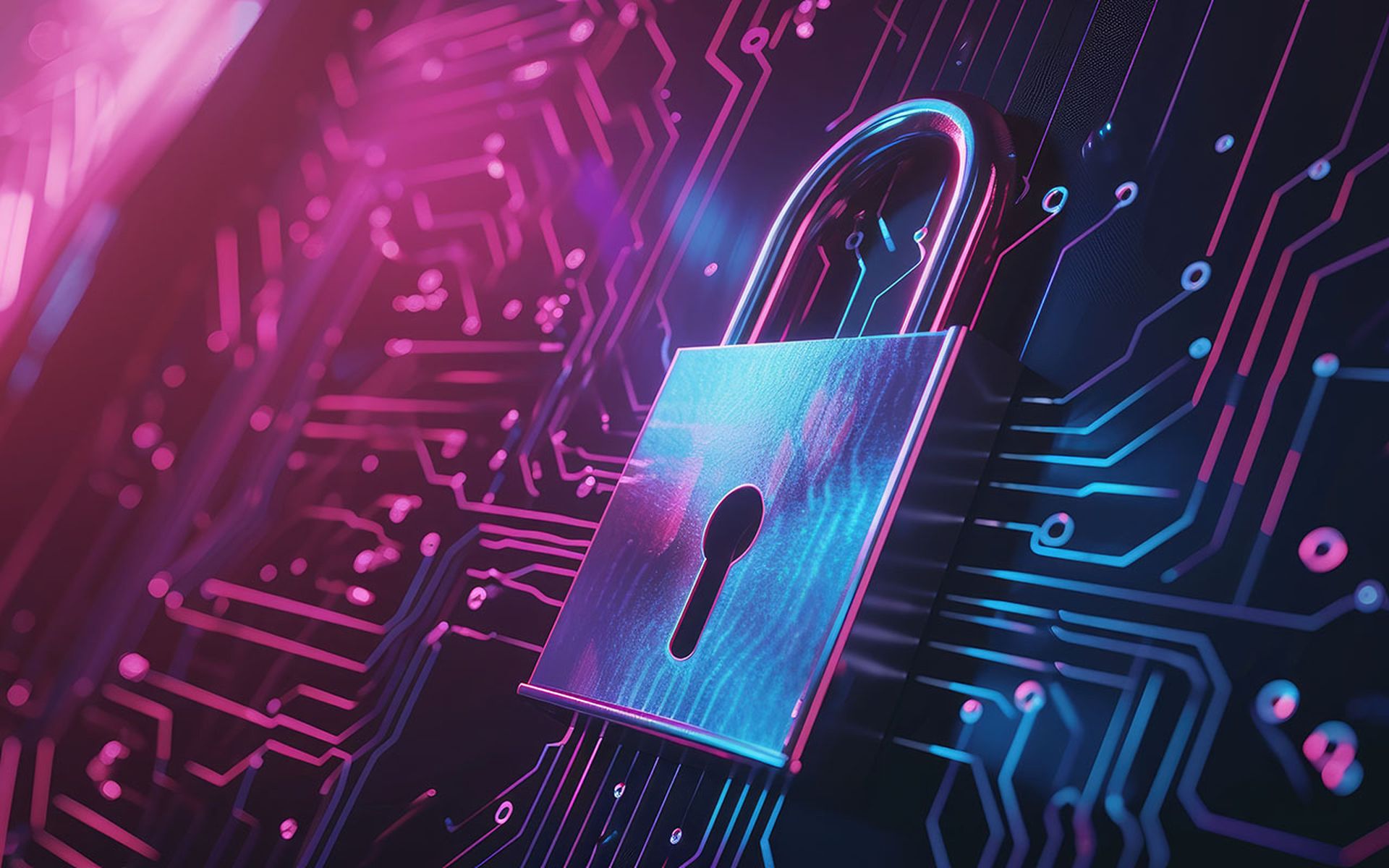“I want to arm you with enough knowledge to have an intelligent conversation with your lawyer” when the government presses for information, the man who said he “was forced to become complicit in a man in the middle (MitM) attack” when the feds compelled his company to help spy on whistleblower Edward Snowden, told a Def Con 24 audience in Las Vegas.
Ladar Levison, owner and CEO of Lavabit, was forbidden from revealing which of his company's customers the government was investigating when it came to him with a court order in 2013. But in March, the government inadvertently revealed Snowden to be the target when it released documents that failed to cloak Snowden's Lavabit email address.
There's no law on books that specifically grants law enforcement the right to compel decryption, Levison said, explaining that “the government feels entitled to all of our data” and to “conscript to help.”
The government has relied in large part on the All Writs Act, a law created in 1789, to obtain court orders compelling companies to provide access to data in devices to assist authorities, Levison noted. Such was the case recently when Apple found itself in a pitched battle with the government over data locked in an iPhone 5c used by one of the San Bernardino shooters.
There's “no specific law for right to privacy,” either, Levison said, although the Fourth and Fifth amendments are often used to battle what is seen as government intrusion. “There are no Supreme Court cases yet and a handful of circuit and district courts are drawing from old Supreme Court decisions.”
But since “only decisions by the Supreme Court are binding for the whole country,” a decision in the lower court is only applicable to that jurisdiction, Levison explained.
As for his former customer whose whistleblowing brought the government to Levison's doorstep and the subsequent investigation that eventually led to his company's demise, the Lavabit founder said he couldn't say with any certainty that Snowden would get a fair trial if he returned to the U.S.
He pointed to his own case as evidence of “how far the government was willing to go.”



